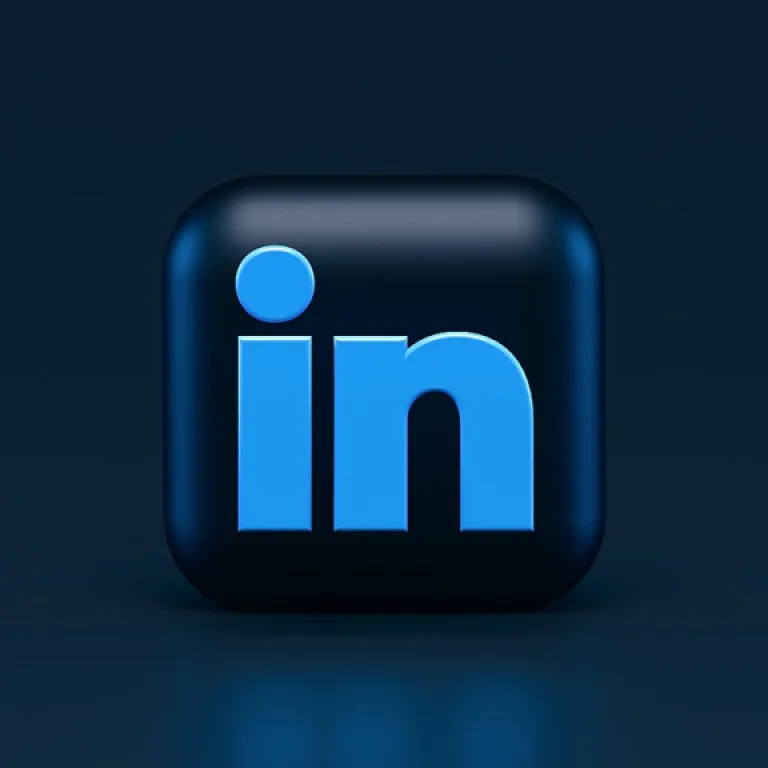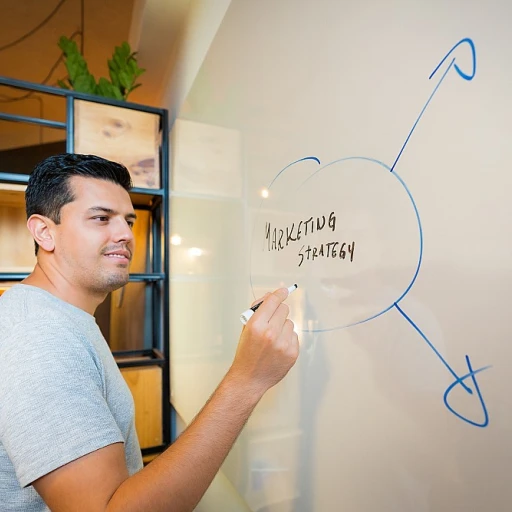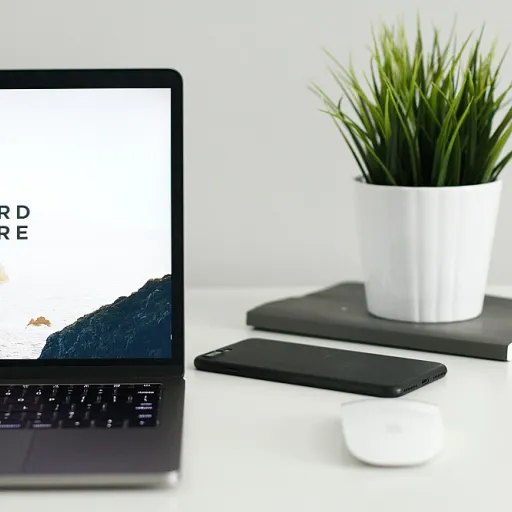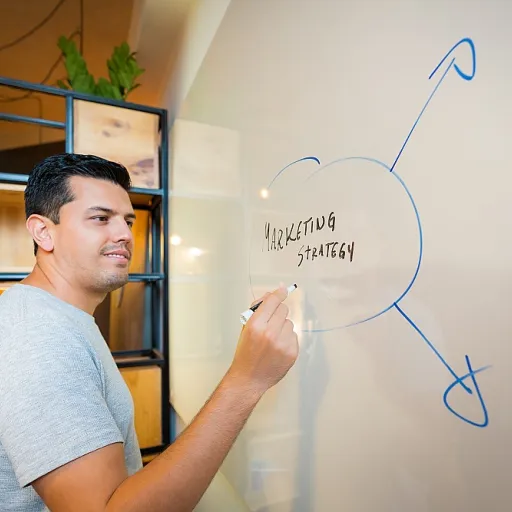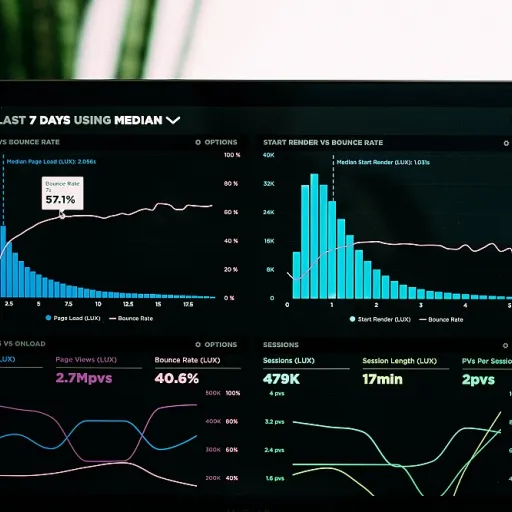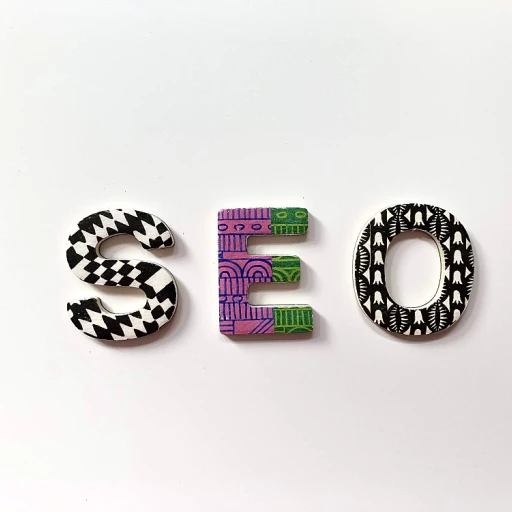
Understanding Event-Based Buying Triggers
Decoding the Purchasing Motivations Linked to Events
Understanding how events can stimulate consumer buying decisions is crucial for companies aiming to enhance their sales through strategic marketing efforts. Central to this understanding is the concept of ‘buying triggers’ – specific events that inspire customers to make purchasing decisions. Consumers often respond profoundly to event-based triggers that align with their existing needs or aspirations. These events can range from seasonal changes, holiday periods, business updates such as earnings calls or company announcements, to more specific industry happenings like press releases or product launches. For businesses and influencers, identifying these ‘trigger events’ can provide predictive insights into consumer behavior. By setting alerts or following industry publications, companies can track these buying signals in real-time. Tools like Google Alerts can help capture these changes as they occur, enabling a nimble response. It's not just large corporations that benefit; small businesses too can capitalize on these event-based insights. By aligning their offerings with customer journeys during these critical times, they can improve their outreach and drive sales effectively. For example, a local shop could synchronize a sales campaign with a major holiday, responding directly to the increased consumer interest during such times. Through careful analysis and strategic application of these insights, companies can create targeted marketing plans that resonate with specific customer segments. This approach not only enhances the effectiveness of marketing efforts but also fosters a deeper connection with the audience. To explore more about how these market dynamics play out in various scenarios, the pricing structure of successful business launches offers valuable insights. You can find a comprehensive examination of pricing strategies in context by visiting the pricing structure of startup launch strategies.The Role of Social Media in Amplifying Events
Social Media's Influence on Consumer Decisions During Events
In the realm of event-based marketing, social media stands as a formidable ally. It acts as a catalyst that not only amplifies the reach of events but also refines the consumer's buying journey. The instant nature of platforms like Instagram and Twitter allows for the real-time broadcast of event details, creating a bridge between businesses and consumers.
Social media platforms facilitate businesses in analyzing buying triggers by observing consumer responses during specific events. This insight helps companies to tailor their approach, ensuring they are in tune with the evolving demands of their audience. Knowing these responses can enhance customer outreach strategies significantly.
- Social media enables businesses to track event-based changes and adapt swiftly, often issuing timely press releases or product announcements in response.
- Platforms provide crucial insights into industry-specific trends and help in identifying top events that can be leveraged for maximizing sales.
By setting Google alerts or listening to earnings calls and company announcements, companies can align their social media strategies with trigger events. This alignment aids in crafting targeted messages that resonate with potential customers based on buying signals observed during these pivotal moments.
For those aiming to follow industry trends thoroughly, tapping into industry publications can be invaluable. This understanding can subsequently assist in shaping more responsive social media campaigns, adapting to the fluid nature of consumer behavior.
The inclusion of trigger marketing on social media platforms helps brands engage with consumers effectively at a time when their interest is heightened by events. This engagement strengthens the brand's presence by fostering a community around shared values and interests.
For further insight into the fine distinctions in fund management that can impact marketing strategies, visit our blog post on navigating the financial landscape with family and legacy funds.
Case Studies: Successful Event-Driven Campaigns
Examining Noteworthy Campaign Case Studies
Event-driven marketing has seen numerous success stories where the strategic use of events has significantly influenced consumer buying decisions. By leveraging timely occurrences, companies can craft campaigns that tap into the emotions, needs, and desires of their target audience, thus creating strong buying triggers.
One exemplary case is a fashion brand that capitalized on a major fashion week event. They enhanced their outreach by synchronizing their sales campaigns with the event dates, using event-based triggers to engage customers effectively. This strategy not only increased sales but also boosted brand visibility and customer loyalty. By using specific events as marketing platforms, they were able to track customer engagement in real time, allowing for immediate adjustments to maximize impact.
A tech company similarly leveraged event-based marketing by aligning product launches with major technology conferences. Through their adept use of social media, they were able to magnify their presence, setting alerts and monitoring mentions to ensure they were part of the ongoing industry conversation. The resulting surge in interest and engagement highlighted how harnessing a top event can drive a successful campaign.
For small businesses, event-driven strategies can also be particularly effective. Consider a local cafe that utilized community festivals to drive foot traffic and sales. By participating in these community events, they tapped into the real-time excitement and customer journey, offering special promotions and product samples to capture the buying signals of festival attendees.
The smart use of trigger marketing in these examples showcases the power of adaptive strategies tailored to events. For influencers, understanding the nuances of event-based buying triggers is crucial. It offers a roadmap to methodically integrate events into their business models, optimizing solutions that enhance customer engagement and drive sales.
Overall, these case studies underscore the necessity for companies and influencers alike to not only understand but effectively capitalize on events. Staying updated with industry publications and setting Google alerts for company announcements or earnings calls can provide a competitive edge in identifying trigger events. For a deeper dive into the potential benefits, influencers might find insights here.
Challenges in Event-Based Marketing for Influencers
Addressing Hurdles in Real-Time Event Campaigns
For many influencers and marketers, the road to executing successful event-based campaigns is riddled with challenges. Understanding and navigating these obstacles is crucial for maximizing outreach and driving customer purchases during specific events. Here, we highlight some common hurdles and propose potential solutions to help influencers and businesses optimize their strategies.
One of the foremost challenges is accurately tracking buying triggers in real-time. Identifying and responding to these triggers requires prompt data analysis. However, many small businesses struggle due to resource constraints. Investing in automation tools or setting up Google alerts can help companies track customer behavior changes and capitalize on emerging buying signals.
Furthermore, the unpredictable nature of events often disrupts planned marketing strategies. Influencers must remain agile, ready to pivot when necessary. Staying informed through industry publications or earnings calls helps foresee potential adjustments and align strategies accordingly. By anticipating company announcements or relevant industry news, influencers can tailor their engagement to better meet the needs of their audience.
Another obstacle is competition, with many companies vying for attention during key events. To stand out, influencers should focus on creating unique and engaging content that resonates with their audience. Personalized messages and tailored solutions can significantly improve customer interaction and drive sales during high-traffic periods.
Finally, measuring the success of event-driven campaigns post-execution can present difficulties. While trigger marketing promises substantial returns, quantifying these in terms of actual sales or customer journey enhancement demands nuanced evaluation techniques. Analytics solutions that track specific metrics aligned with campaign objectives can provide valuable insights, helping businesses fine-tune future strategies.
Strategies for Influencers to Capitalize on Events
Maximizing Event Opportunities for Influencers
For influencers looking to make the most out of events to drive consumer buying decisions, there are several strategies that can be effectively employed. The key lies in leveraging the unique triggers associated with each event to align with your brand's marketing objectives.
Real-Time Engagement
When a significant event is unfolding, timing is everything. Engaging with your audience in real-time can help create a more profound connection, thus enhancing the impact of the trigger event. Using tools like Google Alerts to set alerts for specific company announcements or press releases can keep you on top of relevant updates. This allows for immediate interaction with your followers, maximizing outreach success.
Leveraging Industry Publications
Monitoring industry publications for changes and buying signals can offer valuable insights into customer interests and behaviors. By staying up-to-date with earnings calls and related news, influencers can tailor their content to align with the evolving priorities of their audience.
Collaboration with Brands
Brands often seek influencers to amplify their event-based marketing campaigns. Identifying opportunities for collaboration allows influencers to tap into business resources and gain access to broader marketing channels. Engaging in co-branded campaigns can not only boost sales but also increase credibility and authority within specific niches.
Tracking Customer Journey
Understanding the customer journey through events can help influencers determine the most effective triggers. Tracking a customer’s engagement path allows influencers to tailor their outreach strategies to match customer expectations and needs at each stage of the journey, enhancing the likelihood of conversion.
Data-Driven Decisions
The ability to track and analyze data from events provides influencers with actionable insights. Companies that track how events impact customer behavior can help influencers refine their approach, ensuring that their event-driven content resonates with their audience and prompts specific buying actions.
Effectively capitalizing on events requires an acute understanding of the triggers that influence consumer decisions and an agile approach to outreach. By combining real-time engagement with data-driven strategies, influencers can successfully navigate the challenges of event-based marketing.
Future Trends in Event-Based Buying and Social Media
Emerging Trends in Event-Driven Consumer Behavior
As we look to the future, the landscape of event-based buying is poised for significant transformation. The integration of technology and data analytics is reshaping how businesses and influencers approach event-driven marketing. Here are some key trends to watch:
- Real-Time Data Utilization: With advancements in technology, companies can now track buying triggers in real time. This allows for more precise targeting and timely outreach, enhancing the effectiveness of event-based marketing strategies.
- Personalized Customer Journeys: As data collection becomes more sophisticated, businesses can create highly personalized customer journeys. By understanding specific buying signals and triggers, companies can tailor their marketing efforts to meet individual customer needs.
- Increased Use of AI and Machine Learning: Artificial intelligence and machine learning are becoming integral in identifying trigger events and predicting consumer behavior. These technologies help in analyzing vast amounts of data to uncover patterns and trends that might otherwise go unnoticed.
- Integration with Social Media Platforms: Social media continues to play a crucial role in amplifying events. Platforms are increasingly offering tools to help businesses and influencers capitalize on event-based marketing opportunities, allowing for more direct and engaging interactions with customers.
- Focus on Sustainability and Ethics: Consumers are becoming more conscious of sustainability and ethical practices. Event-based marketing strategies that align with these values are likely to resonate more with customers, influencing their buying decisions.
These trends indicate a shift towards more dynamic and responsive marketing strategies. By staying informed and adapting to these changes, influencers and businesses can better position themselves to capitalize on event-based buying opportunities.

